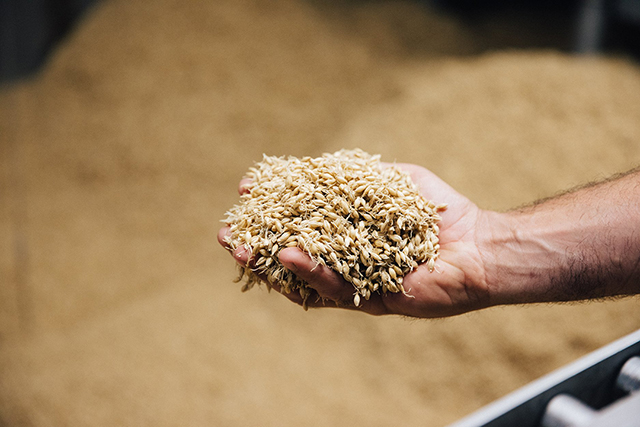
With recent talk of barley prices going higher, that can be a concern for craft brewers. But Allagash is ahead of the game in a way. They already have been planning to spend more for their malted barley anyway.
Allagash is watching their malt budget go up, but not because of suppliers gouging them on updated prices, rather the brewery has committed to use one million pounds of Maine-grown and processed grains by 2021. By the end of 2018, Brewmaster Jason Perkins told Brewer that the brewery projects to use about 500,000 pounds.
”We have a lot of wheat, oats and barley that’s grown here in Maine and up until recently there was really no malt houses here,” Perkins explained. “Now there’s a couple of small ones and we kind of made an internal initiative here as a company to try to buy more and more of that.
”So those costs add to our grain costs for sure. But it’s important to us to do so. Our overall cost for malt has gone up and we’ll probably continue to go up because we are working really hard to shift towards using more local malt.”
Perkins said the brewery staff was ”pretty much in agreement.”
“We’re a small independent company. We are still owned by one founder (Rob Tod) so really it just takes for him to be behind it,” Perkins said. “We’ve got a staff that’s very engaged with our community and with sustainability.”
The decision didn’t happen overnight he pointed out.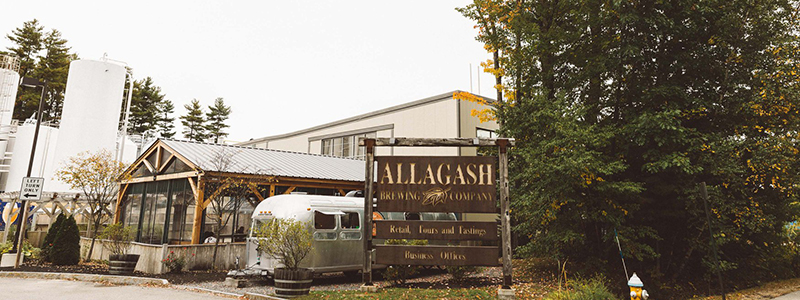
“We had been using local raw materials as much as we can for years. But really once these malt houses started coming up to speed it kick started the conversation further because we are getting some raw grains and certainly a whole bunch of stuff like fruit from the state,” Perkins said. “Because we rely so much on malted barley to make beer without having a malt house in the state, it didn’t give us as much of a chance.”
Once they started talking to farmers and realizing how much more opportunity there was to grow even more barley, the opportunity began to present itself.
Perkins noted that barley had only been grown in Maine as a rotational crop for potatoes and most of it just goes to feed
“It was just more of a ‘break-even crop’ for them in those off years,” Perkins said. “But you talk to these farmers and realize that they’re very capable of growing malting-quality barley.
“So we want to help be a part of that turnaround. Once those conversations got in-depth internally it kind of felt like a no-brainer for us to do it.”



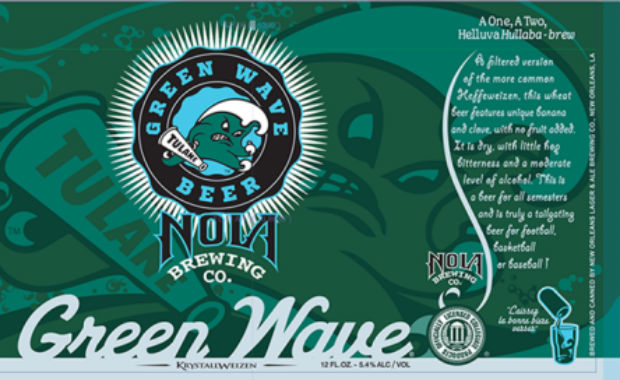
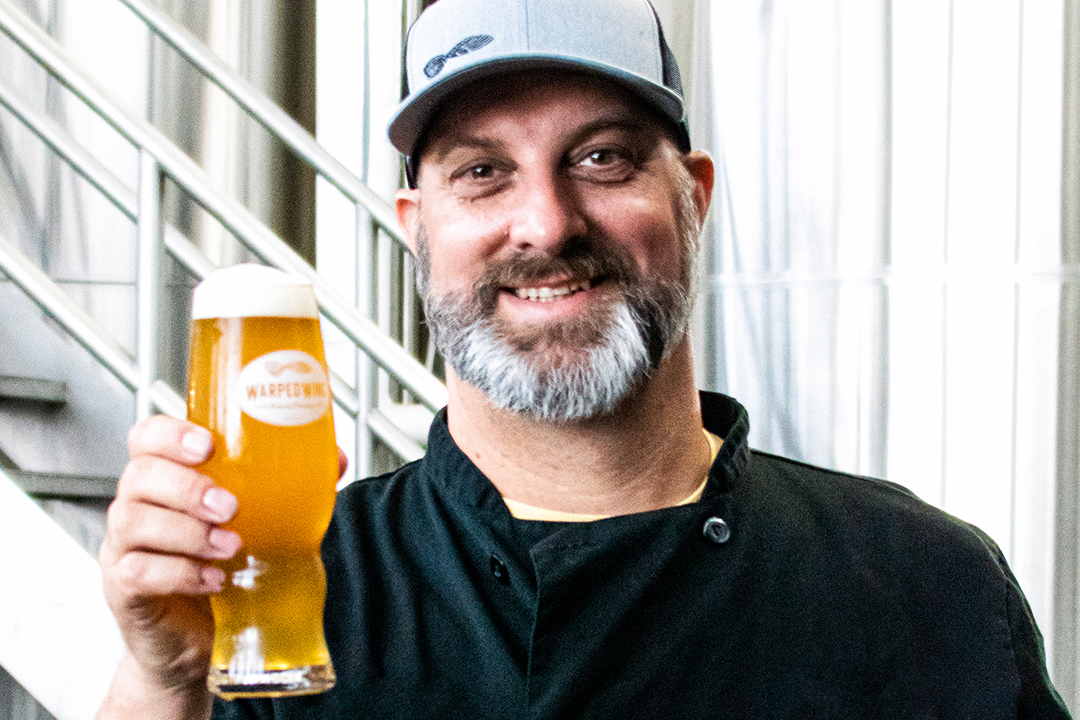
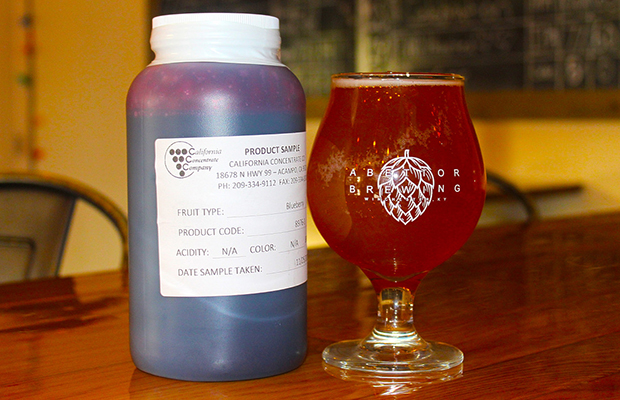
Be the first to comment